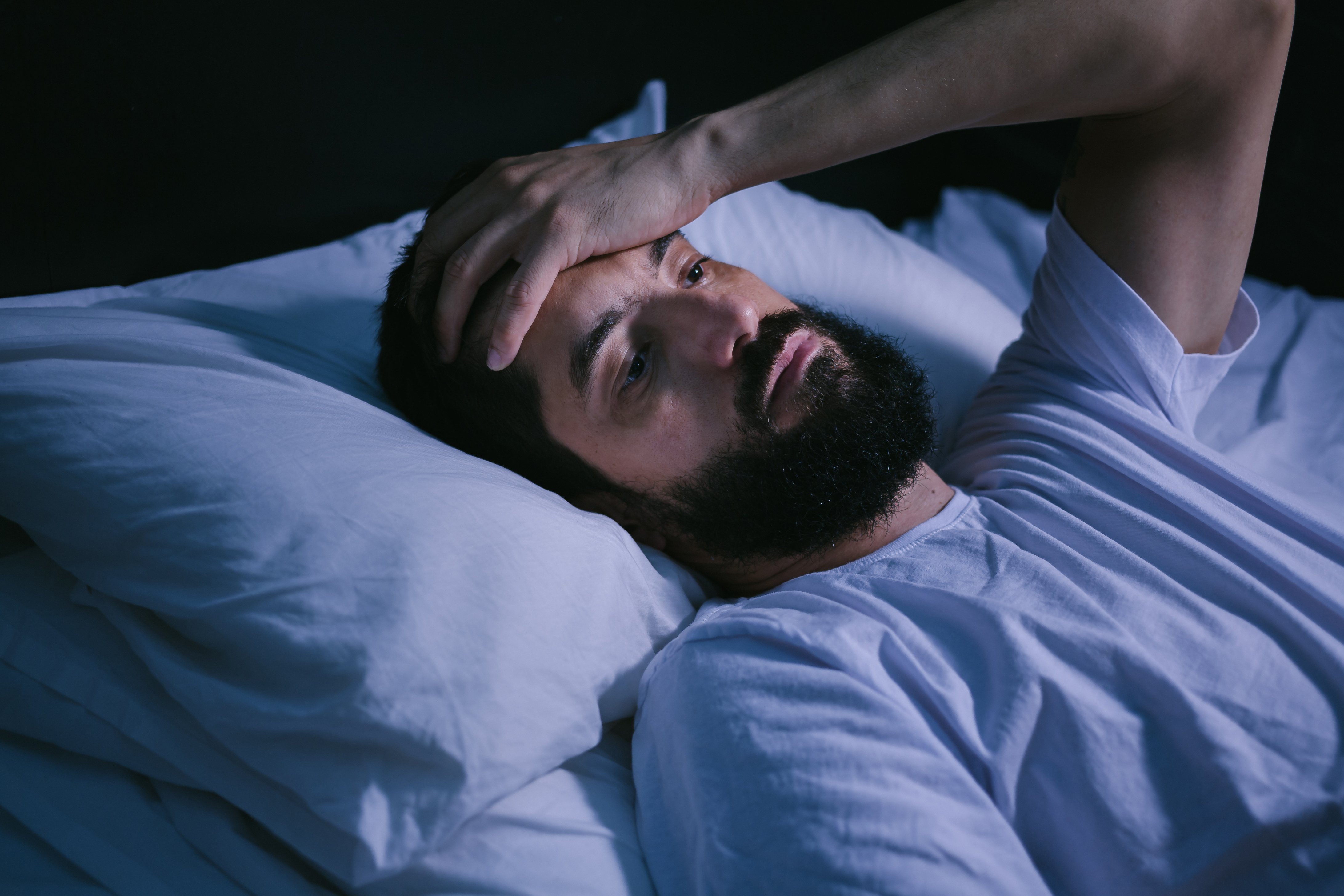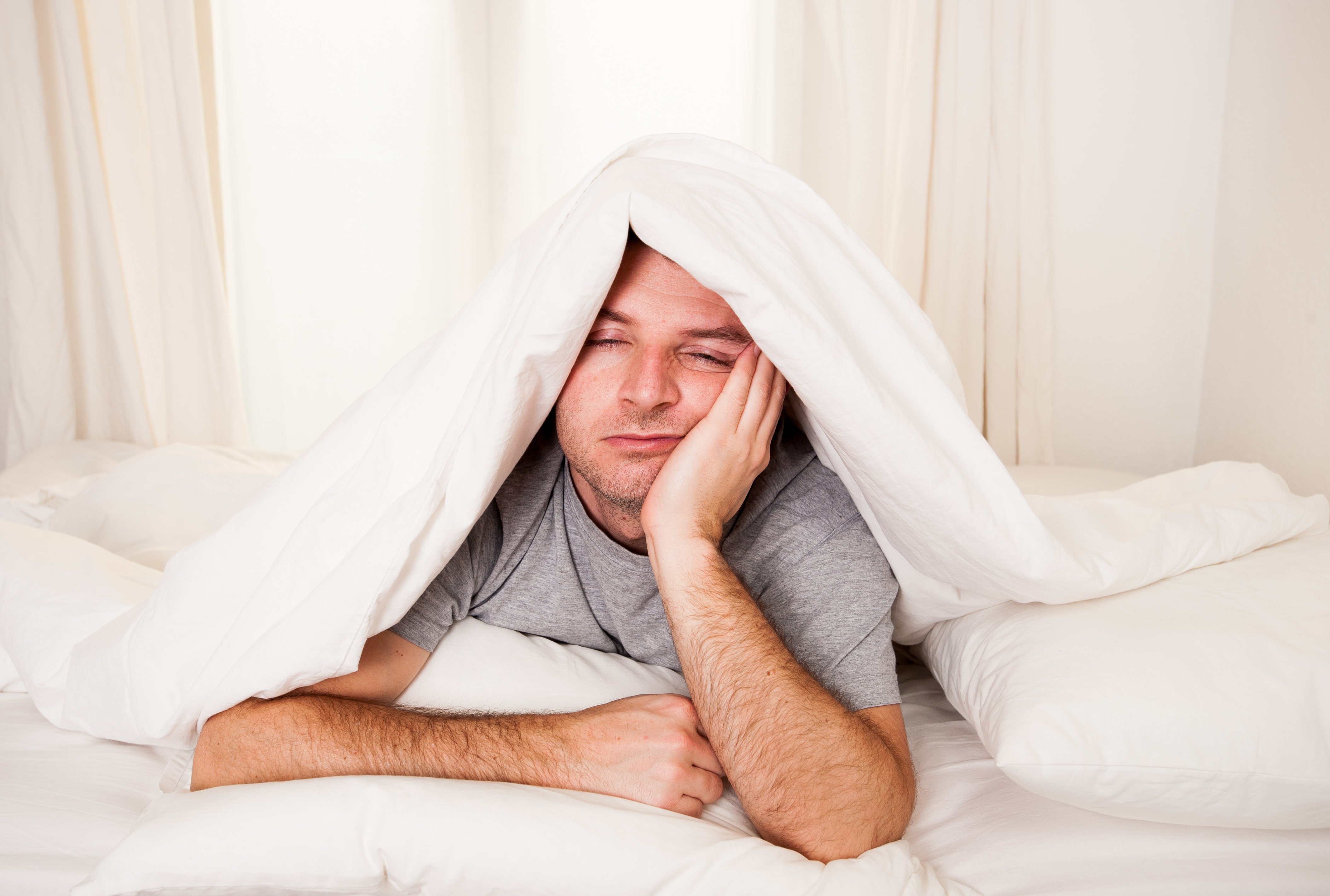
Sleep apnea and snoring
Transform your nights to regain both your vitality and invigorating energy.
Sleep apnea and snoring
Sleep apnea syndrome is very common in Quebec. Patients who suffer from it experience breathing difficulties during sleep, making their sleep uncomfortable and non-restorative.

Cause
Sleep apnea is caused by a physical obstruction of the airways.
This can be caused by the collapse of soft tissues at the back of the mouth and throat. If the jaw is too small to accommodate the tongue, it may tend to fall back, further restricting the airways and hindering the flow of air. As you inhale and exhale, the soft tissues in the throat vibrate, resulting in the sound of snoring. In more severe cases, such as with sleep apnea, there are episodes of complete cessation of breathing for 10 seconds or more.
When breathing stops, oxygen levels in the blood decrease, forcing the heart to work harder, leading to an increase in blood pressure.
Symptoms:
- Snoring
- Fatigue upon waking up
- Dry mouth/throat
- Difficulty concentrating
- Fatigue
- Weight gain
- Irritability
- Excessive daytime sleepiness

Consequences
Some of the conditions associated with sleep apnea include high blood pressure, obesity, heart disease, acid reflux, depression, and diabetes.
In addition to the person with this syndrome, it is also observed that immediate family members are affected by the problem as well.
Treatments
There are several solutions that can help improve your sleep. Continuous Positive Airway Pressure (CPAP) therapy, orthodontic treatment combined with jaw surgery, or a mandibular advancement device (oral appliance) are treatment options to address this condition.
At Centre Dentaire Repentigny, Dr. Carrier offers orthodontic treatment combined with jaw surgery as well as the provision of a mandibular advancement device. This custom-made device helps advance the lower jaw and open the airway. It is worn at night to prevent the jaw from falling back during sleep. This type of treatment can be very useful in cases of moderate sleep apnea or when the patient cannot tolerate CPAP therapy.
To determine if you are a good candidate for this treatment, do not hesitate to schedule a consultation. During your consultation, Dr. Carrier will evaluate your situation using various tests, X-rays, and measurements, and provide recommendations and a treatment plan.
How do I find out if I have sleep apnea?
If you answer yes to one or more of these questions, it would be important for you to consult your doctor or Dr. Carrier to get an idea if you have sleep apnea:
- Do you regularly wake up feeling tired, even after a long night's sleep?
- Do you frequently fall asleep during the day, at home or at work?
- Do you have a habit of snoring loudly?
- Has your partner ever witnessed you choking, gasping for air, or holding your breath during sleep?
Sleep apnea without snoring. Is it possible?
Not many people are aware that not all snorers receive a diagnosis of sleep apnea; it is possible to have sleep apnea without snoring and to snore without having sleep apnea. en francais
